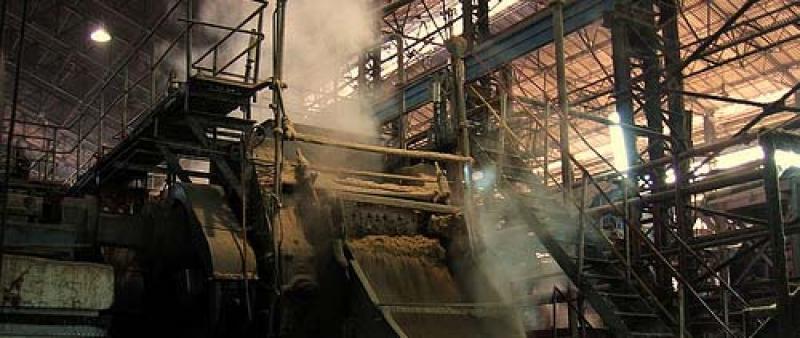
Industry hits carbon leakage jackpot
Climate Change Commissioner Connie Hedegaard has indicated that the EU could increase the EU target for CO2 emission cuts to 30% by 2020, from 20%. The suggestion, currently being discussed by the Commission, has intensified opposition from energy intensive industries, including the cement and steel sectors, which have repeated threats that they will be forced to relocate outside the EU. Yet recent figures show that industry has benefited significantly from EU climate policy. Arcelor Mittal, Lafarge and other companies will have a huge surplus of CO2 emissions permits at the end of the second phase of the EU's emissions trading scheme (ETS) in 2012, just as in phase one (2005-2007). These permits were received free of charge and are worth hundreds of millions of euros. Research by Corporate Europe Observatory shows how these companies have lobbied EU institutions intensively to ensure they retain these benefits in the next phase of the ETS (2013-2020). By using threats of relocation and increased global emissions (carbon leakage), plus scaremongering about massive job losses, these industries have managed to ensure that the ETS will remain a way of providing significant subsidies for some of Europe's worst polluters.
The European Commission has an opportunity to reverse this situation in the next few weeks. By June 2010 it has to submit its assessment of the proposal for dealing with carbon leakage. The huge assets gained by European manufacturing industries reveal the flaws in their claims. They should not be entitled to more free allocations. In the same way, the Commission must resist industry's demands and move quickly to go beyond a 30% commitment.
